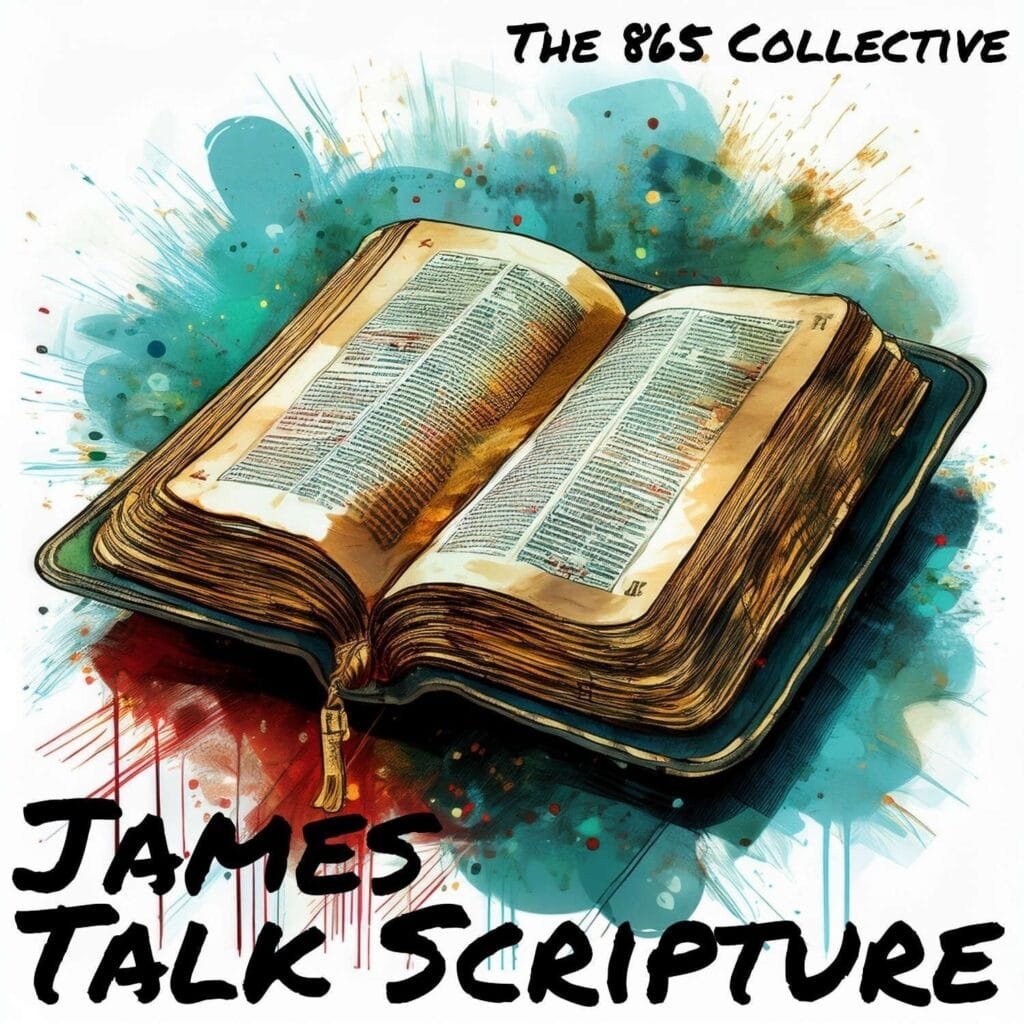Words have power—more than we sometimes realize. Our tongues might be small, but they can steer the course of our lives and leave lasting marks on the people around us.
Think about a time when someone spoke something over you that stuck. Maybe it was a mentor, a friend, or a family member. You might not remember the exact words, but you remember how it made you feel—seen, valued, significant. Words like that settle deep in your heart and stay with you long after they’re spoken.
I’ll never forget when my dad spoke truth into my life. He pointed out something in me—something I hadn’t even recognized in myself. He saw a gift that God had placed there and called it out. And ever since, I haven’t been able to shake the echo of his words. They planted a seed of purpose in me, shifting how I saw myself and what I was capable of.
That’s the weight words carry. And it’s worth asking—what are your words doing?
Are they building people up? Encouraging them when they need it most? Or are they cutting, dividing, tearing down?
James doesn’t mince words about the tongue. He calls it a fire. Fire can be a beautiful, powerful tool—it cooks our food, warms our homes, lights up the darkness. Nothing brings people together like a campfire and some s’mores. But if it’s left unchecked? That same fire can burn everything to the ground. One careless spark can destroy an entire forest.
Our words work the same way.
One harsh comment can cut deeper than we ever intended. A moment of gossip can divide even the strongest friendships. A careless remark can push someone away from faith. James warns us that the tongue can stain the whole body and set the course of life on fire. And honestly, we’ve all seen it. We’ve all felt it.
The enemy loves to use our words to create doubt, division, and hurt. To use careless words as a stumbling block to the Gospel. And when that happens, the damage can feel impossible to undo. It’s a wildfire that, if not controlled, can consume everything in its path.
Here’s the hard truth—James also says the tongue is untamable. As long as we wrestle with our human nature, we’re going to struggle with our words. Left unchecked, they naturally drift toward harm. They can wreck our reputation, damage relationships, ruin our witness.
But here’s the good news: Through the power of the Holy Spirit, we don’t have to be slaves to our words. We can choose to speak life. We can be intentional, using our words to encourage, to bless, to build up instead of tear down.
And this isn’t just about avoiding negativity—it’s about speaking with purpose. Imagine what could happen if we made it a habit to remind people of their worth, to speak truth and hope over them, to use our voice to heal instead of hurt.
God’s grace gives us the ability to change how we speak. When we let Him transform our hearts, our words will follow. Our tongue can become a tool for His glory instead of a weapon of destruction.
Because if we don’t guard our words, they’ll bring devastation. But when we let God guide them, our words can transform lives.
So, what are your words doing today? Building or burning?
ESV Study Bible. (2010). Crossway Books.
From Talk Scripture: The Danger of Words | James 3:5a-8
https://podcasts.apple.com/us/podcast/the-danger-of-words-james-3-5a-8/id1786264764?i=1000693397144
This material may be protected by copyright.

